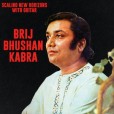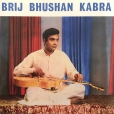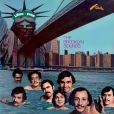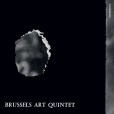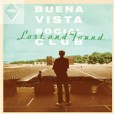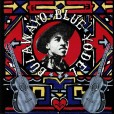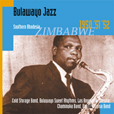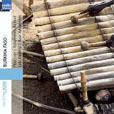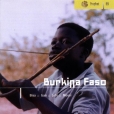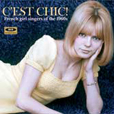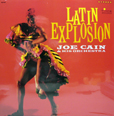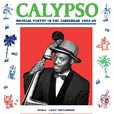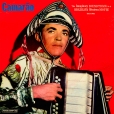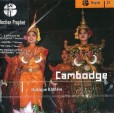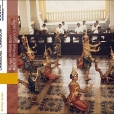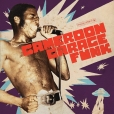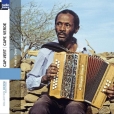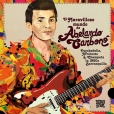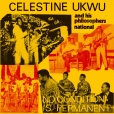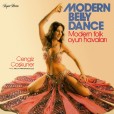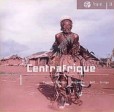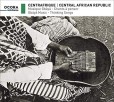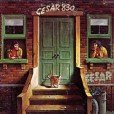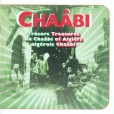Your basket is empty

Brilliant, game-changing re-deployments of the lap-slide Hawaiian steel guitar — in this case a Gibson Super 400, modified with a drone string and a high nut to raise the strings off the fretboard like a lap steel — away from Indian popular music, into the service of ragas.
‘A perfect blend of barrio attitude and Caribbean swing, from 1972. Confident, creative arrangements, full of heavy Nuyorican underground salsa dura, propelled by raw trombones, off-kilter piano and in-your-face percussion. Standout tracks include the uplifting, anthemic Libre Soy, and Ha Llegado El Momento, with its minor key Moliendo Café quote at the beginning — both of which have become dance floor anthems over the years. Another mid-tempo killer is Guaguancó Tropical’, a favourite in Colombia since the 1970s.’
‘Starry-eyed Brazilian love songs, ambient vignettes, warm, home-cooked beats and gentle strokes of MPB genius.’ Even a shot of West African high life!
‘The beautifully laid back sunshine soul opener has all the charm of early-70s João Donato… On the R&B inspired Quero Dizer, the swirling, lo-fi, kalimba and guitar-fronted beat is turned into a feel-good hit by the ingenuity of Berle’s honey-soaked vocal melody… Powerfully intimate, O Nome Do Meu Amor is a guaranteed tearjerker, with his stunning voice soaring over gently plucked acoustic guitar and the textural flutter of soft movement, as if we hear him writing the song in the moment…’
“A super, subtle, beautiful record,” says Gilles Peterson.
From 1969, the complete works of this collaboration between members of the mythical Babs Robert Quartet (Belgian spiritual jazz pioneers) and the jazz/rock/funk unit COS, closely affiliated with Marc Moulin, Kiosk and Placebo during the 1970s.
A holy grail of a jazz 45, musically bifocalising another two masterpieces in this format: Krzysztof Komeda’s Cul-De-Sac soundtrack and François Tusques’ Le Corbusier souvenir, with Don Cherry.
‘Lovely country & western-inspired music from 1950s Zimbabwe, South Africa and Kenya. Fingerpicking ‘omasiganda’ troubadours, train-car yodels, raw slide guitar and haunting travel-weary ballads, from rare 78s all reissued here for the first time. A heavy duty document of a nearly lost scene, and all the songs are stunners to boot. George Sibanda, Josaya Hadebe, Sabelo Mathe, Petrus Mntambo… In old-school tip-on covers, with a 12” booklet of deep research and full lyrics. Co-released with Olvido.’
In front, trumpet and tenor saxophone, dominated by a wailing alto sound you can trace through to Dudu Pukwana; the bottom end, trombone or tuba or double bass; banjos strumming away; military-style drumming.
Brilliant, jacking, extended, improvisatory, ancient dance music played at the initiation of diviners (drugged with jolonthi, to ward off spells) on a twelve-blade xylophone with calabash resonators.
Great-fun, expertly-assembled, well-presented collection of ye-ye girl pop, featuring Francoise Hardy (of course) alongside BB, Anna Karina (from the Godard films) and co.
Pinpeat and mohori music — courtly and abstract versus nocturnal and soulful — performed by a female choir and the orchestra of the Royal Palace.
Differently pitched xylophones with bamboo blades suspended above a sound-box; sets of horizontal gongs; oboes; two big buffalo-skin kettledrums.
‘Psychedelia, Afro-Roots & Champeta In 1980s Barranquilla.’
A compilation of the deepest and most affecting songs by The Philosophers National from Nigeria, beginning in the 1970s. Lilting, multi-layered, pulsing music, with muted trumpet solos, mesmerising guitar runs, driving percussion, and concise and clear-eyed lyrics sung so beautifully by Celestine Ukwu.
‘Celestine ditched the jaunty dance rhythms and relatively facile lyrics typical of the reigning highlife tunes, and ignoring the soul music tropes most of the highlife bandleaders were appropriating in an effort to inject new life to their ailing format. Instead Celestine concocted a new highlife style that was more contemplative and lumbering; with the layering of Afro-Cuban ostinato basslines and repetitive rhythm patterns that interlocked to create an effect that was hypnotic, virtually transcendental. Meanwhile, Celestine himself sang as he stood coolly onstage in a black turtleneck and a sportscoat, looking like a university professor. The message was clear: this was not necessarily music for dancing—even though the rhythms were compelling enough. This was music for the thinkers’ (Uchenna Ikonne).
